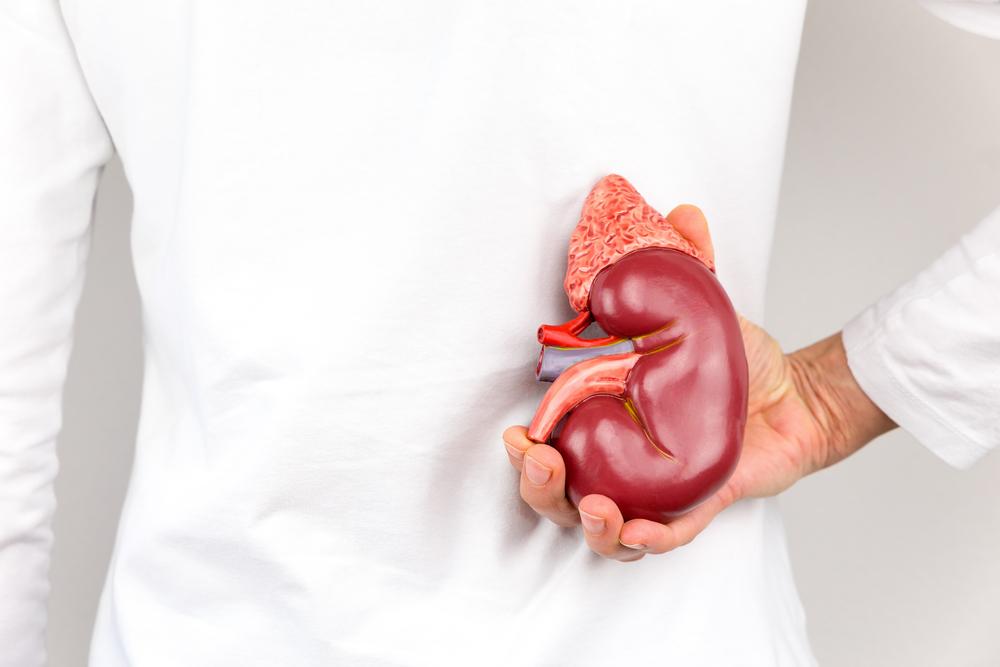
Overview – Renal Cell Carcinoma
One of the most formidable diseases that have life-threatening consequences is cancer. Cancer, in any form, is fatal, and the slow deterioration of the individual’s health affects the person and their loved ones as well. Cancer can affect any part of the body and incite similar drastic consequences. One such common site of cancer is the kidneys; if detected in the early stages, kidney cancer can be treated. The most common form of kidney cancer to affect people is the Renal Cell Carcinoma (RCC), and 90 – 95% of kidney cancer cases are that of Renal Cell Carcinoma.
The kidneys are vital organs that filter the waste products from the body and regulate the fluid balance. Tiny tubes called tubules are the ones that filter the blood, help in excreting waste, and are instrumental in making urine. Renal Cell Carcinoma occurs when the cancer cells start multiplying uncontrollably in the lining of the tubules of the kidney.
People who are diagnosed with Renal Cell Carcinoma usually fall in the age group of 50 to 70 years old. This cancer begins in the form of a single tumor in the kidney, but there are instances of several tumors in a kidney, or it can affect both the kidneys at the same time. Like every other form of cancer, the individual’s chances of surviving Renal Cell Carcinoma are greater if the cancer is detected in its initial stages.
Causes of Renal Cell Carcinoma
Similar to the different types of cancer, the causes of Renal Cell Carcinoma are debatable. However, there are certain risk factors that make the individual more susceptible to fall prey to this illness. They are as follows-
- Hypertension
- Obesity
- Family history or Renal Cell Carcinoma
- Smoking
- Polycystic kidney disease
- Von Hippel-Lindau disease
- Chronic use of NSAIDs
Symptoms of Renal Cell Carcinoma
Usually, Renal Cell Carcinoma doesn’t show symptoms till it reaches its later stages. As cancer progresses, the following symptoms start surfacing-
- Presence of blood in urine
- Lump in abdomen
- Fatigue
- Vision problems
- Sudden weight loss
- Persistent pain in the side
- Excessive hair growth (this symptom is more prominent among women)
Diagnosis
If the individual has been showing the above-mentioned symptoms of Renal Cell Carcinoma, the doctor might delve into the individual’s family medical history and ask the individual to undergo certain tests that can rule out whether the person suffers from the disease or not. The doctor might ask the individual to undergo a complete blood count test, CT Scan, abdominal and kidney ultrasounds, urine examination or a biopsy.
Treatment for Renal Cell Carcinoma
The different treatment methods for Renal Cell Carcinoma are as follows-
- Surgery
The surgery might be partial nephrectomy, during which a part of the kidney is removed. Or, it can be a full nephrectomy, which involves removing the entire kidney after gauging the extent to which cancer has spread. - Radiation therapy
This form of treatment involves using high-energy X-rays to kill cancer cells. - Chemotherapy
Chemotherapy is administered orally or intravenously, depending on the medication chosen. This therapy makes use of medications to kill cancer cells. - Targeted therapy
This form of cancer treatment is relatively new and is used to attack certain cancer cells without damaging the healthy cells. - Clinical trials
In clinical trials, new treatment methods are tested to check whether they are effective or not. When the individual is undergoing these trials, they are closely monitored and can choose to leave the trials anytime they want.




